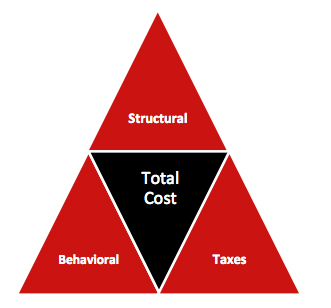1. Focus on how robust a finding is, meaning that different ways of looking at the evidence point to the same conclusion. Do the same patterns repeat in many data sets, in different countries, industries or eras?
2. Results that are Statistically Significant means it’s unlikely findings simply reflect chance. Don’t confuse this with something actually mattering.
3. Be wary of scholars using high-powered statistical techniques as a bludgeon to silence critics who are not specialists.
4. Don’t fall into the trap of thinking about an empirical finding as “right” or “wrong.”
5. Don’t mistake correlation for causation.
6. Always ask “so what?” The “so what” question is about moving beyond the internal validity of a finding to asking about its external usefulness.



